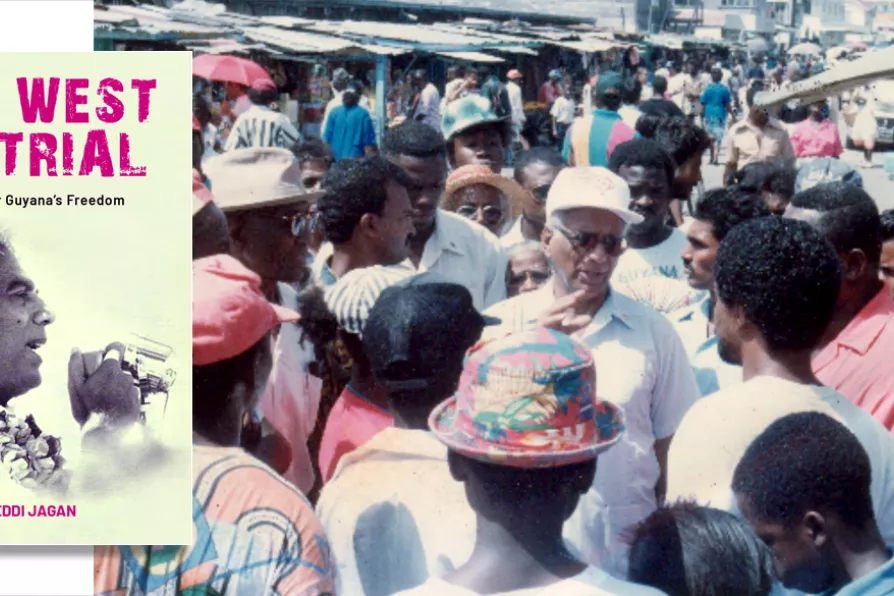JOHN GREEN, MARIA DUARTE and ANGUS REID review Fukushima: A Nuclear Nightmare, Man on the Run, If I Had Legs I’d Kick You, and Cold Storage

 COMMON TOUCH: On the campaigning trail before the victorious 1992 election
[https://jagan.org]
COMMON TOUCH: On the campaigning trail before the victorious 1992 election
[https://jagan.org]
The West on Trial: My fight for Guyana’s Freedom
By Cheddi Jagan
International Publishers £25
DECOLONISATION is such a topical issue, with so many implications for racial justice today. So this reprint could scarcely be more timely.
Writing on the eve of British Guiana’s independence – as Guyana – in 1966, Cheddi Jagan tells the story of his own involvement in the struggle – and the duplicitous shenanigans of successive British governments and their US allies.
The British state was more sophisticated, in Jagan’s view, using divide and rule tactics to undermine progressive forces in their colonies. But the US was not short on determination when it came to dealing with the threat of socialist advance in the Caribbean.

MARJORIE MAYO welcomes an account of family life after Oscar Wilde, a cathartic exercise, written by his grandson

The summer of 1950 saw Labour abandon further nationalisation while escalating Korean War spending from £2.3m to £4.7m, as the government meekly accepted capitalism’s licence and became Washington’s yes-man, writes JOHN ELLISON

SUE TURNER is appalled by the story of the only original colonising family to still own a plantation in the West Indies

These are vivid accounts of people’s experiences of far-right violence along with documentation of popular resistance, says MARJORIE MAYO









